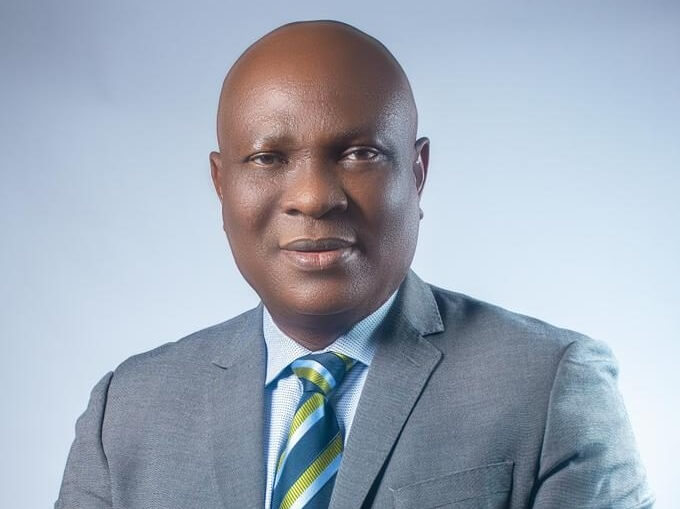What Govt Must Do To Stop Hunger Protests In Nigeria — Dr Steve Ogidan
An agriculture finance expert, Dr Steve Olusegun Ogidan, has proposed solutions to rising food inflation and attendant restiveness among the populace, especially the youth.
Dr Ogidan, who’s the Chief Executive Officer of Successory Nigeria Limited, was a guest speaker at the Africa Leadership Group, Nigeria series hosted by the lead pastor of the Trinity House Church, Lagos, Ituah Ighodalo.
Advertisement
Last Monday, residents of Minna in Niger State went to the streets in protest against rising food prices occasioned by the economic policies of the President Bola Tinubu administration.
A few days later, some people in Osun State also protested.
However, the development strategist, who spoke on “How to achieve a just and sustainable food system in Nigeria,’ warned that such protests may continue unless the country is able to attain food security within the shortest possible time.
After highlighting the obstacles to food sustainability in Nigeria and the solutions to them, Dr Ogidan was asked to state the things he would do to ensure food security if he were the Minister of Agriculture.
Advertisement
He explained that states and local governments must take charge and replicate what the Federal Government has done with several past and ongoing agricultural initiatives, stressing that the federal government is too far away from farmers.
He said, “It is very simple. We have 774 LGAs in Nigeria. There’s no local government that doesn’t have opportunity to produce something. All we need to do is to pick 500 youths per LG, clear the land. Let the LGs clear the land, allocate the land to the youths and provide them tractors.
“I will give you a practical example. When we were doing studies for FAO, we went to a farm in Oke Ogun, Oyo State. This farm is owned by Engineer Adedeji. All he did was to mechanize the farm, brought youths from Osun state (sponsored by Osun State government) and each one of them was given two hectares of cassava farm and they were given allowances every month.
“He lodged them in hostels. The moment they finish harvesting the cassava, Engr Adedeji will collect the cassava from them and pay them and deduct the cost of mechanization and inputs. He uses the cassava to make garri and export to Europe.
“The Federal government has demonstrated how this can be done. All the states and local governments need to do is to replicate them. Get the youths enrolled and stop pushing them into thuggery. There is no local government that we cannot support with one tractor.
Advertisement
If the government can secure the farm lands, the state and local governments can mechanize the farm, put the youths on the farm and give them guarantee that whatever they produce will be taken from them. And give them soft loan through the Bank for Agriculture.”
Dr Ogidan, who has advised some African countries on achieving food security, said food insecurity has reached alarming stage in Nigeria, warning that the government must arrest the situation to save the country.
“In 2021, Nigeria ranked 97th position on the global hunger index out of 113 countries. In 2022 Nigeria was ranked 103, indicating that our situation is very serious. In 2023, Nigeria came 109 out of 125 countries, indicating that we have graduated from a serious position to an alarming situation. If nothing is done, it is likely to affect a lot of things.
“Except we’re deceiving ourselves, food security is a fundamental that can bring about economic prosperity and political stability. Stable political systems address food security first.
“Nigeria’s agricultural sector holds immense potentials yet faces numerous challenges when it comes to financing,” he said.
Dr Ogidan lamented that Nigeria has been unable to achieve sustainability in food production because government’s policies to support agriculture have not been backed by suitable financing strategies.
Advertisement
“With the past administration, there was the challenge of policy alignment. The anchor borrowers’ program was operated outside the policy space in the CBN. And that is why the CBN is now saying no, we’re not doing it again. Leave those activities for the ministry of agriculture to do,” he stressed.



